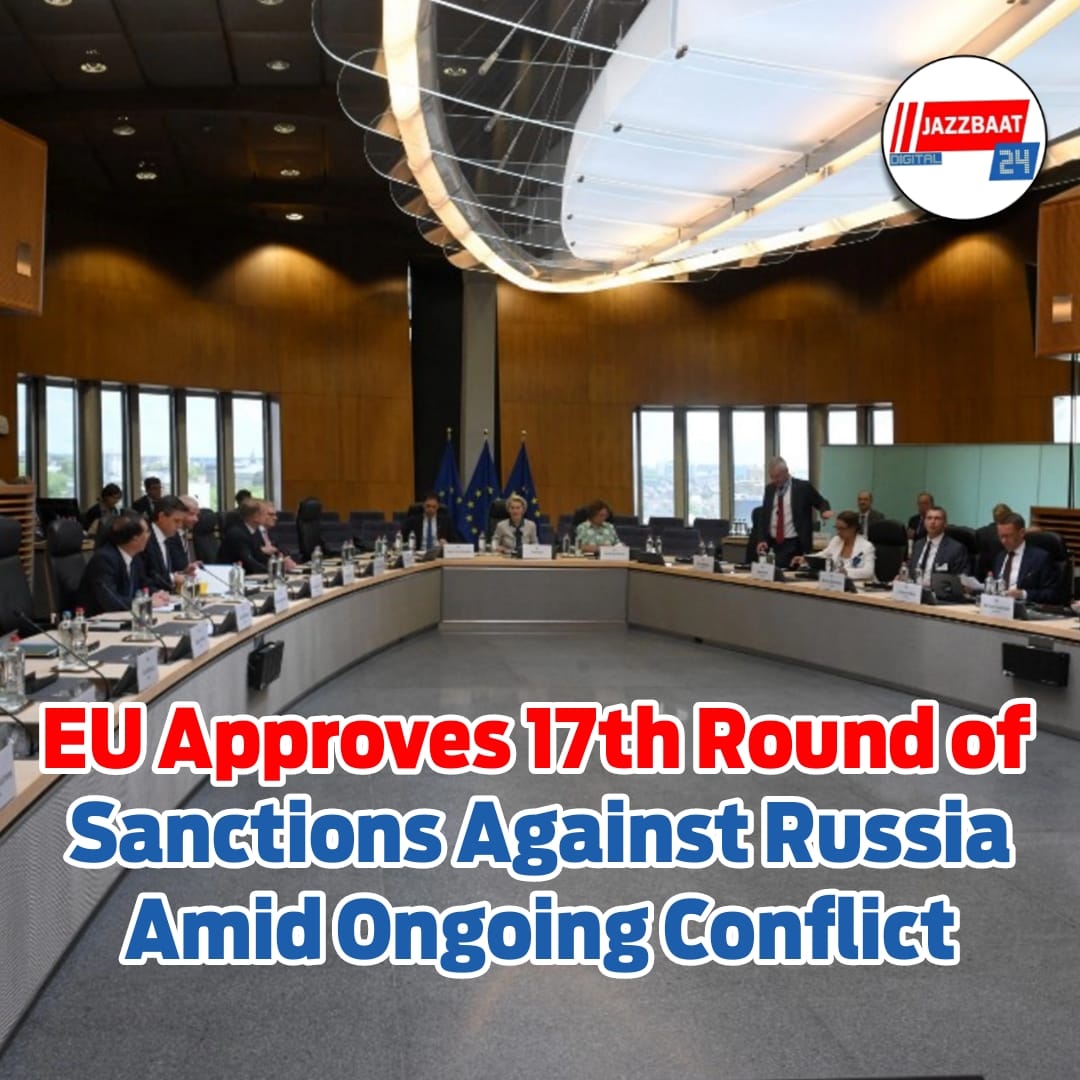
The European Union approved its 17th batch of sanctions against Russia, another upping of the bloc's bid to push Moscow to stop its war on Ukraine. The new sanctions, agreed upon by EU ambassadors on May 14, 2025, are centered mainly on going after Russia's so-called "shadow fleet"-a fleet of almost 200 oil tankers suspected of playing a key role in evading Western sanctions on Russian oil exports. The official endorsement of the package is expected from defense and foreign ministers on May 20, subject to final parliamentary consultations in two member states.
The new sanctions come at a pivotal time, as European leaders ratchet up pressure on President Vladimir Putin to negotiate a halt to the war that started with Russia's all-out invasion of Ukraine in February 2022.
France's foreign minister underscored the necessity of these sanctions to "strangle Russia's economy" and bring an end to the war, recognizing that earlier rounds have yet to have the desired deterrent effect. The EU's message is unequivocal: it will keep "tightening the screws" on Russia, with officials cautioning that even stronger sanctions are in the offing if Moscow fails to accede to a ceasefire.
Key to the package of sanctions is the blacklisting of around 200 tankers that make up Russia's shadow fleet. They have been employed to secretly carry Russian oil, sidestepping the price cap instituted by the G7 and Western embargos. European authorities have connected the shadow fleet not just with sanctions evasion, but also espionage and sabotage activity, including attempts to attack crucial infrastructure like subsea cables and airports. The new legal platform created by the EU now includes sanctions against fleets and entities found to be inflicting harm to such infrastructure, expanding the remit of penalties.
Aside from specifically targeting the shadow fleet, the package of sanctions also imposes limits on 30 firms charged with enabling sanctions evasion, which are partly situated in Vietnam, Serbia, and Turkey. The EU has also lengthened its blacklist to encompass 75 individuals and entities linked to Russia's military-industrial establishment, in addition to over 20 entities and individuals charged with spreading disinformation in favor of the Kremlin. In particular, 20 Russian prosecutors and judges who handled legal proceedings against opposition leader Vladimir Kara-Murza and the deceased Alexei Navalny have been sanctioned, in a sign of the EU's ongoing denunciation of Russia's crackdown on dissent.
Another key aspect is the prohibition on chemicals and dual-use materials crucial to Russia's military sector, with an intent to further weaken Moscow's capacity to fund its war efforts. The policies also tackle Russian hybrid threats, with the EU now being able to sanction ships and entities engaged in sabotage or propaganda activities.
While the scope of the 17th package is ambitious, there is disagreement in the EU and among Ukraine's partners regarding its effectiveness. Some European policymakers and lawmakers have complained the sanctions are not as strong as they need to be, contending that the whole shadow fleet and all third-party facilitators need to be sanctioned in order to have maximum effect.
The increasing challenge of finding consensus among the 27 members of the EU has resulted in a more focused approach, as officials recognize the growing challenge of broadening the sanctions list.
The imposition of this latest package occurs as Moscow and Kyiv are said to be preparing to hold their first peace negotiations in Istanbul since the conflict erupted, highlighting the stakes and the EU's insistence on keeping the pressure on Russia. European leaders and the United States have warned that additional sanctions will be imposed on Russia if it does not accept a substantial ceasefire.